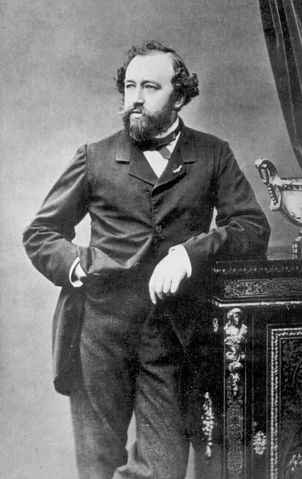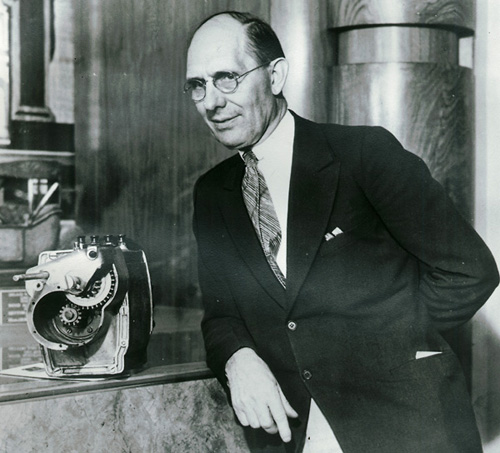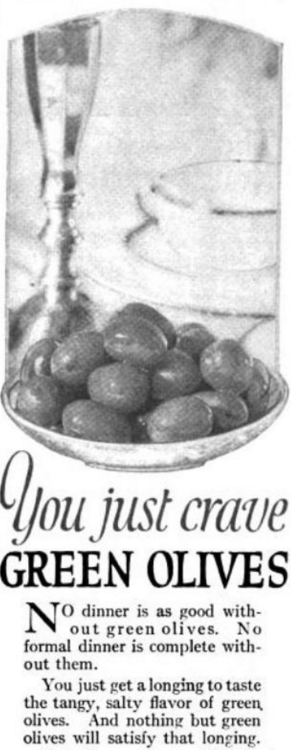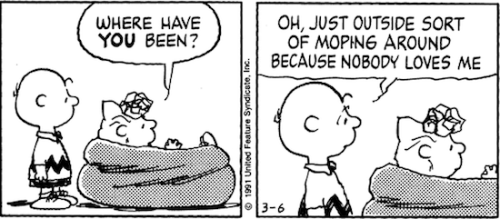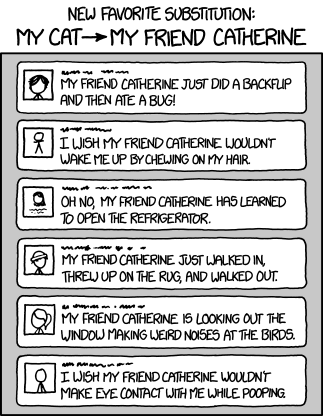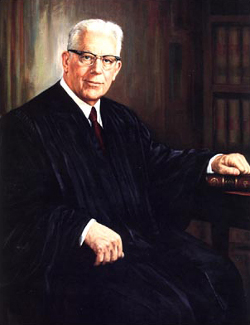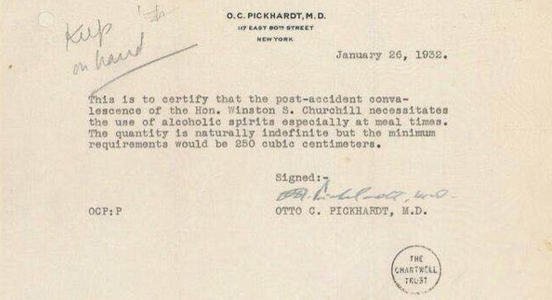I didn’t think I’d actually see someone try the thought experiment mentioned in this post, but by golly, someone has. That was a discussion of the attempts to simulate the workings of an actual brain, neuron connectivity and all, and the article I quoted went into great detail about just how far we are from being able to do that. (Anyone at the moment who tells you different is either stretching the truth, is deeply misinformed, or is both at the same time, which is not an unlikely combination).
The article said along that the way: “As an overly simplistic comparison, imagine taking statistics on the connectivity of transistors in a Pentium chip and then trying to make your own chip based on those statistics. There’s just no way it’s gonna work.” My own comment was that “Your chances of success with that statistical approach to a Pentium chip are not good at all, but they’re a lot better than the chances of it working on brain tissue.” (Many readers will be immediately reminded of the famous “Can A Biologist Fix a Radio” paper, and that linked post above will send you to several discussions of it on this site).
What I can report now, courtesy of Alex Tabarrok at Marginal Revolution, is that people have now tried to reverse-engineer the old 6502 chip in such fashion. First the engineers got a crack at it: the Visual 6502 project photographed the layout of the chip at high resolution and tried to model it from just that data. Since they know what the chip is made out of (one transistor after another!) and since its architecture is not all that complex (and we know a lot about computer chip architecture), they were able to recreate the functions of the chip from their connectivity models. That’s actually pretty impressive – I’m not sure how it would work on a more modern chip, but I’m surprised that it worked at all.
But then the biologists tried it out. This paper details an attempt to study the 6502 chip using the tools we have available to study nematode brains and the like, and it’s titled “Could a Neuroscientist Understand a Mcroprocessor”. I’ll let the abstract speak for itself:
There is a popular belief in neuroscience that we are primarily data limited, that producing large, multimodal, and complex datasets will, enabled by data analysis algorithms, lead to fundamental insights into the way the brain processes information. Microprocessors are among those artificial information processing systems that are both complex and that we understand at all levels, from the overall logical flow, via logical gates, to the dynamics of transistors. Here we take a simulated classical microprocessor as a model organism, and use our ability to perform arbitrary experiments on it to see if popular data analysis methods from neuroscience can elucidate the way it processes information. We show that the approaches reveal interesting structure in the data but do not meaningfully describe the hierarchy of information processing in the processor. This suggests that current approaches in neuroscience may fall short of producing meaningful models of the brain.
Even unlimited data would not help, they say, with the tools and techniques we’re using. You can get as much “behavioral” and phenotypic data as you want from a 6502 chip, but it doesn’t help. Trying to learn what’s going on from the equivalent of brain lesions was, for example, not too informative. They used Space Invaders, Donkey Kong, and Pitfall as behaviors of the chip and tried to learn backwards from those:
Lesions studies allow us to study the causal effect of removing a part of the system. We thus chose a number of transistors and asked if they are necessary for each of the behaviors of the processor (figure 4. In other words, we asked if removed each transistor, if the processor would then still boot the game. Indeed, we found a subset of transistors that makes one of the behaviors (games) impossible. We might thus conclude they are uniquely responsible for the game – perhaps there is a Donkey Kong transistor or a Space Invaders transistor. Even if we can lesion each individual transistor, we do not get much closer to an understanding of how the processor really works.
This finding of course is grossly misleading. The transistors are not specific to any one behavior or game but rather implement simple functions, like full adders. The finding that some of them are important while others are not for a given game is only indirectly indicative of the transistor’s role and is unlikely to generalize to other games. Lazebnik [9] made similar observations about this approach in molecular biology, suggesting biologists would obtain a large number of identical radios and shoot them with metal particles at short range, attempting to identify which damaged components gave rise to which broken phenotype.
Other tools that map closely to those of neuroscience were similarly ineffective – they generated large amounts of data, as large as you want, but still could not recapitulate what was going on in any useful sense. Now, as the authors freely admit, microprocessors are very different from brains. But the differences are mostly that brains are far, far more complicated – so if the tools we’re using on brains can’t even tell us much about a 1980s microprocessor (a very simple system by brain standards), then what can they tell us about their actual field of study? The authors suggest that as newer methods are developed, they should be benchmarked to what they could tell us about the 6502 processor as a way of seeing if we’re making any real progress.
So Lazebnik’s radio-fixing paper is indeed having an influence. His criticism of biological techniques and biological thinking is (to me) its strongest part – he goes on to say that there are a number of more productive techniques that biologists have been giving short shrift to, but that’s always where he’s lost me. I don’t think the situation is even that good when it comes to neuroscience, for example: where are these better techniques? Ray Kurzweil, to pick one bold futurist, has us by 2019 with a much (much!) better understanding of the brain than we currently have. Things are really going to have to pick up, let me tell you.
